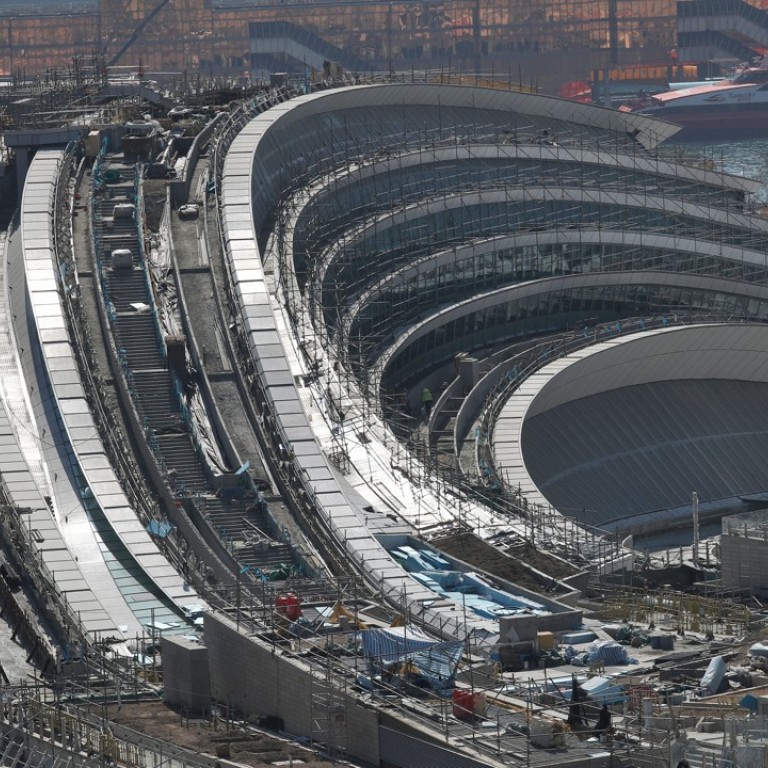
When it comes to co-location, it’s all about who is in control
One reading of Article 18 is that its purpose is to prevent Chinese national law from applying to the whole of Hong Kong, thereby undermining “one country, two systems” and, in particular, the rights and freedoms of the people of Hong Kong. On this reading, if the proposed co-location clearance arrangement has no such effect but, on the contrary, is necessitated by economic development, then Article 18 is not contravened.
Barrister Ronny Tong Ka-wah,
SCMP, January 3
Let’s deal first with this bit about “necessitated by economic development”. The argument here, I assume, is that the seamless integration of the new express rail link with the mainland’s high-speed rail system is essential to Hong Kong’s economic development and can only be achieved if not interrupted by an immigration checkpoint in Guangdong.
It is a tenuous assertion but, if we accept it, then it follows that this checkpoint must be in Hong Kong. Armed mainland security officials must thus be stationed in Hong Kong with powers of arrest.
This last assertion, however, certainly does not follow. Co-location is practised elsewhere, for example with the stationing of US immigration officials in major Canadian airports. This allows flights to the United States from these locations to be treated as local flights on arrival in the US.
These officials have the right to refuse entry to the US to any passenger but this is far as it goes. Their checkpoints are not made US sovereign territory and they do not have powers of arrest in Canada. If they need their decisions enforced they call on local airport security.
This works perfectly and it would work as well in Hong Kong as it does in Canada or as it does in Britain with European Union checkpoints in London for Eurostar rail travel to Paris.
I cannot believe that the mainland customs and immigration service is unaware of this, which raises an obvious question – why then insist additionally on powers of arrest in Hong Kong when the Basic Law clearly considers this outside the scope of national responsibility?
Answer: Because this is a show of force, not of law.
Mr Tong’s rather w-i-d-e reading of Article 18 also raises the question of what good even a mini-constitution like the Basic Law can be when higher authority can override it as easily as in this case.
Take a contrary example. The US is cursed with a plague of privately held firearms because the constitution was amended to allow these on the grounds they helped win independence in 1776.
The crying need to cancel this amendment is clearly apparent and yet the extreme difficulty of amending the US constitution has prevented it.
It is regrettable in this case but it has also inhibited the US government from overriding the first amendment, which protects civil liberties. The guarantee of any constitution as a bedrock of law is the greater difficulty of changing that constitution than of changing the laws based on it.
Things are not, however, seen quite that way on the mainland where the constitution is based on an even deeper bedrock – the Four Principles of the Communist Party of China. These are easily stated:
1) We’re the Communist Party.
2) We’re boss around here.
3) Anyone who says we’re not is in deep trouble.
4) And we mean deep, deep trouble.
What Beijing sees here is a rebellious city where dissidents can openly dishonour the national flag and national anthem and where policemen are thrown in jail for trying to stop their political riots. Hong Kong thus needs to be taught a lesson about what constitution comes first in China.
Rather than cause international trouble, however, (these dissidents have enlisted Washington in their treasonous cause) let it first be a demonstration.
It’s not about law, Ronny. It’s about who is boss.

